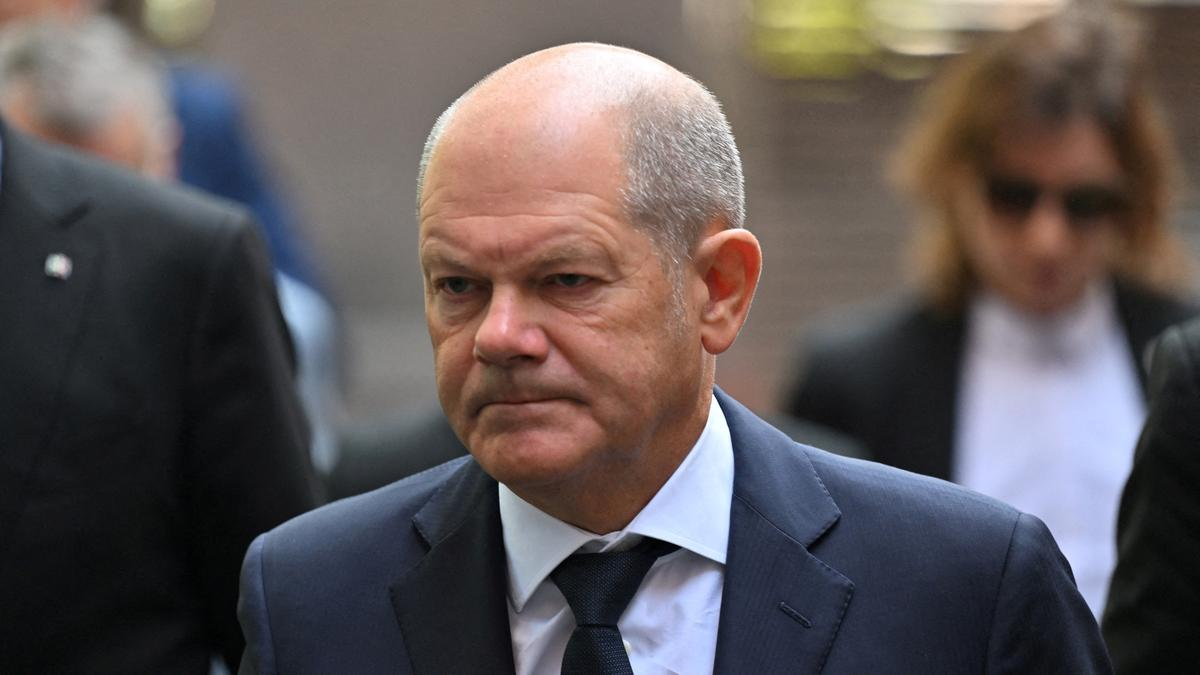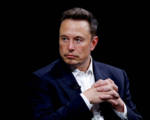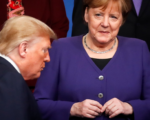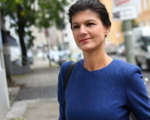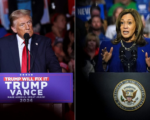German Chancellor Olaf Scholz has expressed deep concern following significant gains made by the far-right Alternative for Germany (AfD) in recent regional elections. The AfD, known for its nationalist, anti-immigration, and Russia-friendly stance, achieved a historic victory in Thuringia, becoming the first far-right party since World War II to win a state legislature election in Germany. Additionally, the party came in a close second behind the conservatives in Saxony, reflecting a notable shift in the political landscape.
Scholz called the results “bitter” for his ruling coalition, which suffered losses in both states. He urged mainstream political parties to unite in forming governments without collaborating with “right-wing extremists,” underscoring the threat posed by the AfD to Germany’s democracy, economy, and international reputation. Despite its electoral success, the AfD is unlikely to govern due to the continued refusal of other parties to partner with it. However, the far-right party’s increased presence in state parliaments could enable it to block key decisions, such as judicial appointments, granting it an unprecedented level of influence.
These regional election results have fueled concerns within Scholz’s coalition, which comprises his Social Democrats (SPD), the Greens, and the pro-business Free Democrats (FDP). All three governing parties lost ground in the elections, with only the SPD clearing the 5% threshold to remain in the state parliaments. The results also marked the entry of a populist left-wing party, the Sahra Wagenknecht Alliance (BSW), which performed better than the coalition partners, securing third place in its first state elections.
With a national election looming in Germany next year, these developments may lead to increased political infighting and put pressure on the government to adopt tougher stances on issues like immigration and support for Ukraine, topics that dominated the recent campaign. Scholz acknowledged the challenges ahead, calling on the political establishment to prevent the normalization of far-right extremism in German politics.


